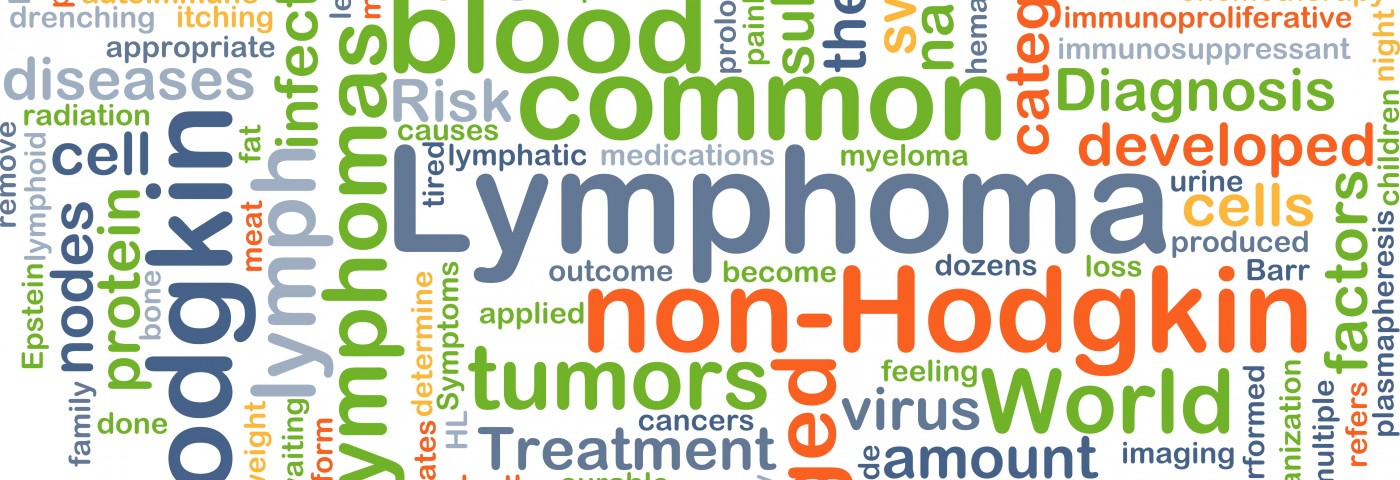Hodgkin’s lymphoma (HL) is a cancer of the immune system where malignant Hodgkin Reed-Sternberg cells are present among immune cells, such as T cells, and use different immunosuppressive mechanisms to evade immune action, namely cellular immunity that begins with T cell recognition. T cells are deactivated through a series of inhibitory pathways that suppress immunity, and reactivation of these cells might constitute an effective response against malignant cells in cancer patients. The blockade of immune checkpoint pathways CTLA-4 and PD-1 has been thoroughly studied and applied in HL therapies, and advancements in these immune therapies recently described in detail in an article entitled “Checkpoint inhibitors in Hodgkin lymphoma,” published in the European Journal of Haematology.
Despite being a highly curable malignancy, 10-15% of patients experience primary refractory disease, where complete remission is not achieved after initial therapy. The tumor cells, despite being surrounded by a high number of T cells, manage to escape and evade immunity, who in turn fail to eliminate malignant cells. Activation of patients’ T cells would therefore restore anticancer responses in the tumor microenvironment.
CTLA-4 and PD-1 are immune checkpoints that normally prevent excessive T cell effector activity. However, dysregulation of either pathways can result in the inhibition of T cell activation and proliferation, allowing cancer cells to escape T cell recognition. For example, cancer cells express a molecule on their surface, the PD-1 ligand (PD-L1), which is able to downregulate antitumor immune responses.
Research has focused on the development of strategies to block these pathways and, consequently, augment T cell antitumor responses, namely through the use of anti-PD1, anti-PD-L1 or anti-CTLA-4 antibodies. Specifically, HL tumors have been shown to often overexpress PD-1 ligands on their surface, suggesting this tumor has a dependence on PD-1 for survival. Currently, there are three PD-1 blockade antibodies being evaluated in HL patients.
In their review, the authors highlighted several immune checkpoints currently in use or being tested for cancer treatment:
- Nivolumab, a fully humanized IgG4 monoclonal PD-1 blocking antibody, has been shown to be effective in causing antitumor T cell activity in other solid tumors, such as lung cancer. The FDA, based on promising results from a Phase 1 study, has granted nivolumab breakthrough therapy designation in relapsed classical HL, with a Phase II study is currently underway.
- Pembrolizumab, a humanized IgG4 antibody against PD-1 on T cells, has revealed positive results in melanoma, renal cell cancer, and lung cancer treatment, and has been approved as a monotherapy for advanced melanoma in adult patients. Currently, there is an ongoing phase Ib trial to assess pembrolizumab in blood cancers, including HL patients. So far, preliminary results indicate that pembrolizumab is safe, tolerable and associated with clinical benefit in patients with heavily pretreated classical HL.
- Pidilizumab, a humanized IgG-1 kappa monoclonal antibody targeting the PD-1 receptor, protects effector/memory lymphocytes from cell death. Results from a phase I study indicate that it is a safe and well tolerated agent in HL therapy.
- CTLA-4 blockade data for HL tumors is limited, since better results have been reached with PD-1 blockade, although it is considered more toxic due to unwanted immune responses. Ipilimumab, a fully humanized IgG1 monoclonal antibody targeting CTLA-4, has been approved for the treatment of metastatic melanoma and is currently undergoing clinical trails for a series of other oncologic diseases, including hematologic malignancies such as HL, with fairly positive results in the ongoing first stages.
Immune checkpoint inhibitors represent an additional treatment option for patients with relapsed or refractory HL. As the authors conclude in their study: “there is an essential in checkpoint blocking therapy to investigate the determinants of response and of resistance to checkpoint inhibitors in order to assist the choice of rational combination therapies and to define the optimal timing and setting for PD-1 blockade in HL. In theory, PD-1 inhibitors, alone or in combination, could be used in frontline therapy or in early salvage, and those studies are eagerly awaited.”


